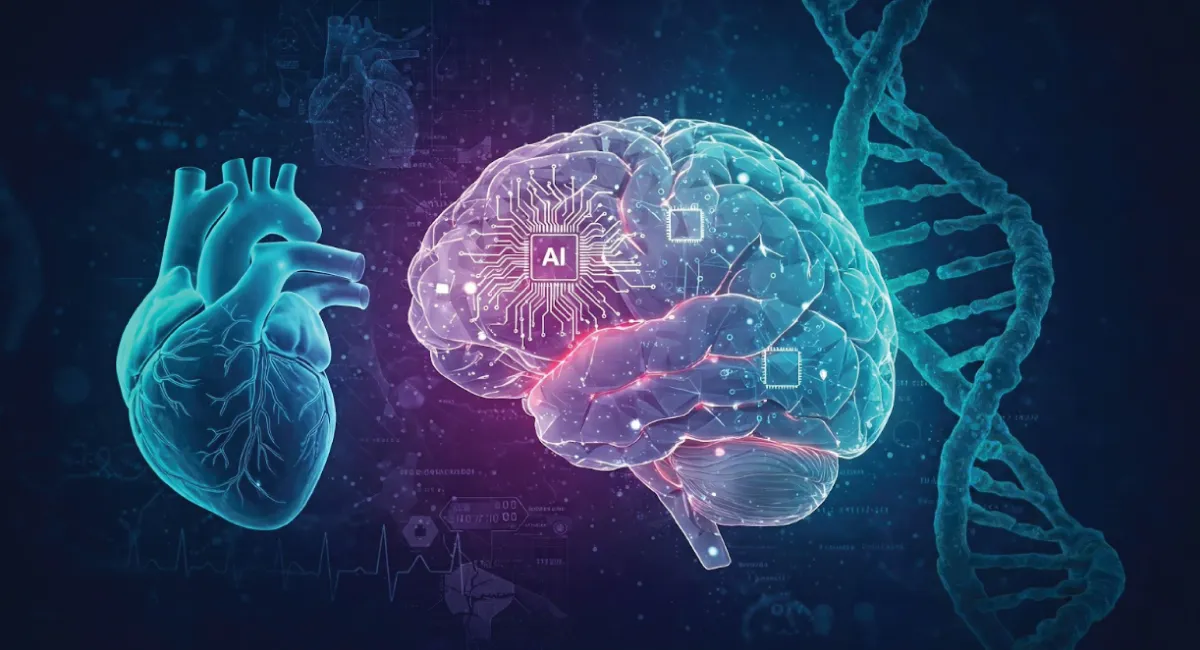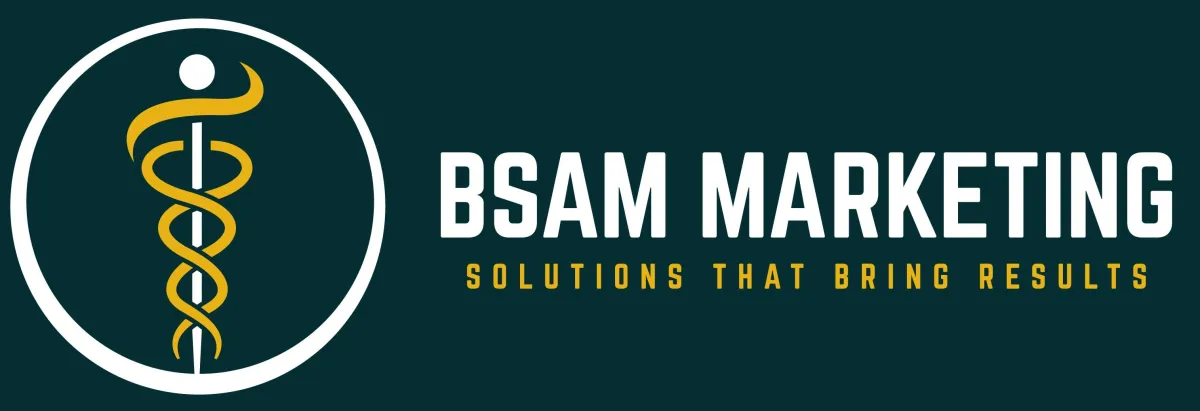Call Now! (201) 254-3338
See Our Latest Blogs

How AI Is Revolutionizing Medical Devices
The future of smarter, faster, and more adaptive healthcare technology is already here. Artificial intelligence is no longer a futuristic idea in the medical device world—it’s a driving force behind the most advanced innovations in diagnostics, surgical tools, imaging, and patient monitoring. Whether you're a MedTech founder, product manager, or marketing leader, understanding how AI is transforming medical devices is essential for staying competitive. In this post, we’ll break down where AI is making the biggest impact, what it means for go-to-market strategies, and how to communicate these advances without overwhelming clinical buyers.
🧠 AI in Medical Devices: Where We Are Now
From robotic-assisted surgery to predictive monitoring systems, AI is embedded in the newest generation of medical technology. Here are just a few examples:
🩻 1. AI-Driven Imaging Systems
Radiology, pathology, and ultrasound platforms are using deep learning to detect anomalies faster and with higher accuracy.
FDA-cleared AI imaging tools are now used to assist in diagnosing strokes, tumors, and lung conditions in real-time.
🧪 2. Smart Diagnostics & Point-of-Care Tools
AI is powering rapid diagnostics in infectious disease, genetic testing, and chronic condition screening.
Some handheld or wearable diagnostic tools are now capable of early detection based on continuous pattern recognition.
🦾 3. Robotic Surgery with Machine Learning Feedback Loops
Surgical robots are becoming smarter—learning from each procedure to improve precision, reduce variability, and adapt to anatomical differences in real time.
⌚ 4. Remote Monitoring & Predictive Alerts
AI-enabled wearables and RPM devices can now alert physicians to deteriorating conditions before symptoms appear—preventing readmissions and improving outcomes.
These applications aren’t theoretical. They’re FDA-cleared, CE-marked, and being adopted faster than ever.
📈 What This Means for MedTech Companies
AI changes more than just what your product does—it changes how you sell it.
🚧 Challenges You’ll Face:
Clinician skepticism: AI can feel like a black box. Providers want to know: "How does this work, and can I trust it?"
Regulatory complexity: AI-powered devices often require ongoing validation, data transparency, and compliance with FDA’s software-as-a-medical-device (SaMD) guidelines.
Long sales cycles: Hospitals move slowly. Procurement teams want proof, and often peer-reviewed outcomes—not just demos.
Messaging confusion: Most AI features are too technical for front-line users to understand (or care about).
💬 How to Talk About AI in Your Marketing (Without Losing Buyers)
AI might be your product’s breakthrough, but it shouldn’t be your lead story.
✅ Lead with outcomes, not algorithms.
❌ "Our convolutional neural net analyzes CT images at 97% accuracy."
✅ "We help radiologists detect critical conditions 30% faster—without increasing workload."
✅ Focus on usability, trust, and integration.
Healthcare professionals don’t want to change their workflow. They want solutions that fit into what they already do—with less manual work, fewer errors, and better results.
✅ Support your claims with evidence.
The most persuasive AI marketing includes:
Pilot study results
Case studies with measurable outcomes
Testimonials from real-world clinicians
Even a small improvement—if proven—goes a long way with buyers.
🔍 The Future of AI-Powered MedTech
What’s coming next?
Adaptive devices that learn from patient behavior or surgical movement
Voice-enabled interfaces for hands-free device control
AI + 3D printing for personalized implants and prosthetics
Predictive maintenance alerts for connected devices in hospitals
Your product roadmap doesn’t just need to account for AI development—it also needs to account for AI-related messaging, trust-building, and regulatory strategy.
✅ Final Thoughts
AI is unlocking extraordinary possibilities in the MedTech world—but complexity doesn’t sell. Clarity does. As AI becomes more mainstream in medical devices, the brands that win will be the ones who can:
Translate innovation into clear value
Back up claims with real-world data
Help clinicians adopt AI-powered tools without friction
📞 Need Help Positioning Your AI-Driven Device for Faster Adoption?
We help MedTech companies clarify their message, generate leads, and accelerate sales—even in complex, regulated environments.
👉 [Schedule a Free MedTech Strategy Call →]
Our Philosophy
Our focus is to bridge the gap between health and medical companies and the people who need them most, ensuring that medical expertise reaches the right audience with clarity and trust. We believe that impactful communication in healthcare should be precise, ethical, and patient-centered just like medicine itself. By combining innovation with integrity, we create digital strategies that not only enhance visibility but also foster meaningful connections, empowering health and medical professionals and businesses to serve, educate, and heal more effectively.
Get In Touch
Email: alicia@bsammarketing.com
Address:
2933 Vauxhall Road, Suite 7 Vauxhall, NJ 07088
Assistance Hours
Mon – Fri 10:00am – 4:00pm
Sat - Sun – CLOSED
Phone Number:
(201) 254-3338

alicia@bsammarketing.com
(201) 254-3338
2933 Vauxhall Road, Suite 7 Vauxhall, NJ 07088
MARKETING FOR THE HEALTH AND MEDICAL SECTORS
Helping Healthcare Professionals and Agencies, MedTech, HealthTech, Biotech and Pharmaceutical companies simplify and deliver their message, increase visibility and scale their businesses.
© 2026 BSAM Marketing - All Rights Reserved

